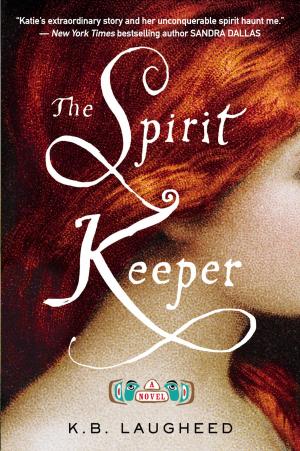| Author: | Tony Compagno | ISBN: | 9780963662514 |
| Publisher: | Dewdrop Press | Publication: | October 10, 2011 |
| Imprint: | Language: | English |
| Author: | Tony Compagno |
| ISBN: | 9780963662514 |
| Publisher: | Dewdrop Press |
| Publication: | October 10, 2011 |
| Imprint: | |
| Language: | English |
ZIO'S JEWEL is a short novel dealing primarily with a young Italian-American named Gaetano Mosca and two young women blood-related but separated by many decades. Gaetano is known as Zio to Lucia Ascensio, his brother's young daughter, in the early 1900s in San Francisco at the time of the great International Exposition from which only the famous Palace of Fine Arts remains. Gaetano's relationship with Lucia is a special one, a complex one, one that he likes to think is as pure as the one that his hero Dante had with Beatrice. The girl Lucia lives at story's beginning with her immigrant fisherman father and adored mother. We begin with 10-year-old Lucia at the fair, chaperoned by Zio, who is a single, intelligent, caring, handsome, but very human man. Gaetano serves as a surrogate father or big brother when Papa's out to sea. Mama is expecting a baby here in San Francisco in 1915. Mama dies in childbirth, and everything changes. Lucia and a slightly older sister, Flora, are placed in an orphanage temporarily. Gaetano continues to keep an eye on the girls, especially the younger Lucia. Zio is The Reader at the local cigar factory, his congenital foot deformity keeping him out of the war brewing in Europe. Gaetano discovers that he loves the younger girl, trying to convince himself that the love imitates the sort of pure, chaste, ideal love that Dante and Petrarch felt for the objects of their affection. But Zio's not pleased when Lucia falls for a young German boy named Thomas, son of Lucia's beloved teacher, Mrs. Schmitz. The second, parallel, connected story is told in the alternating chapters and deals with Lucia's granddaughter Melody, a young woman who is much like Lucia, beautiful, artistic, vulnerable but principled, on the brink of a marriage but, in her case, having doubts about it as manifested in physical symptoms which doctors and her betrothed attribute to neurotic fear or a vivid imagination. Zio plays a big part in both wedding ceremonies that come at the end of the novel. In the first, he disrupts the wedding in a very dramatic manner. Years later, nearly a century, Gaetano "appears" on Melody's wedding day.
ZIO'S JEWEL is a short novel dealing primarily with a young Italian-American named Gaetano Mosca and two young women blood-related but separated by many decades. Gaetano is known as Zio to Lucia Ascensio, his brother's young daughter, in the early 1900s in San Francisco at the time of the great International Exposition from which only the famous Palace of Fine Arts remains. Gaetano's relationship with Lucia is a special one, a complex one, one that he likes to think is as pure as the one that his hero Dante had with Beatrice. The girl Lucia lives at story's beginning with her immigrant fisherman father and adored mother. We begin with 10-year-old Lucia at the fair, chaperoned by Zio, who is a single, intelligent, caring, handsome, but very human man. Gaetano serves as a surrogate father or big brother when Papa's out to sea. Mama is expecting a baby here in San Francisco in 1915. Mama dies in childbirth, and everything changes. Lucia and a slightly older sister, Flora, are placed in an orphanage temporarily. Gaetano continues to keep an eye on the girls, especially the younger Lucia. Zio is The Reader at the local cigar factory, his congenital foot deformity keeping him out of the war brewing in Europe. Gaetano discovers that he loves the younger girl, trying to convince himself that the love imitates the sort of pure, chaste, ideal love that Dante and Petrarch felt for the objects of their affection. But Zio's not pleased when Lucia falls for a young German boy named Thomas, son of Lucia's beloved teacher, Mrs. Schmitz. The second, parallel, connected story is told in the alternating chapters and deals with Lucia's granddaughter Melody, a young woman who is much like Lucia, beautiful, artistic, vulnerable but principled, on the brink of a marriage but, in her case, having doubts about it as manifested in physical symptoms which doctors and her betrothed attribute to neurotic fear or a vivid imagination. Zio plays a big part in both wedding ceremonies that come at the end of the novel. In the first, he disrupts the wedding in a very dramatic manner. Years later, nearly a century, Gaetano "appears" on Melody's wedding day.















